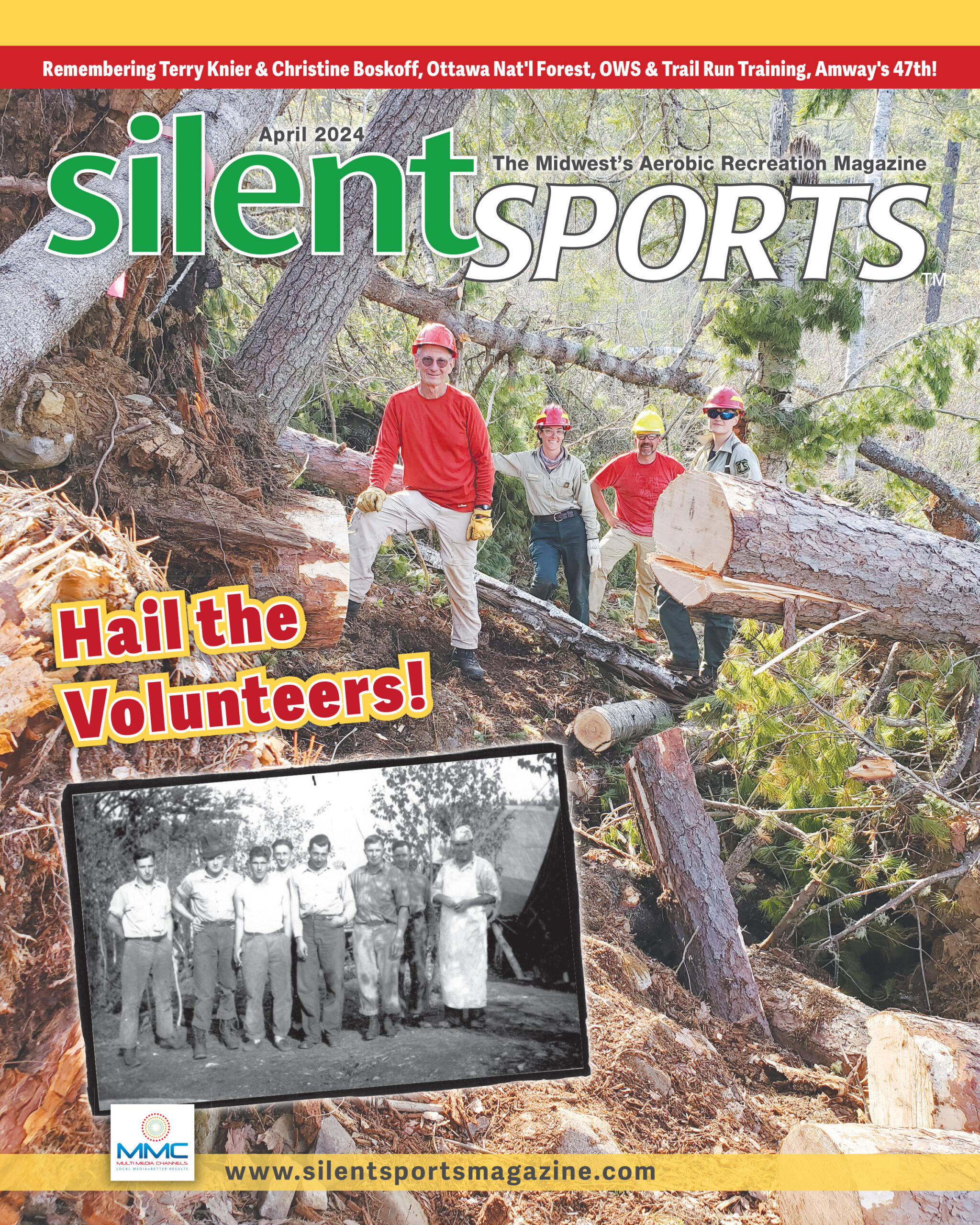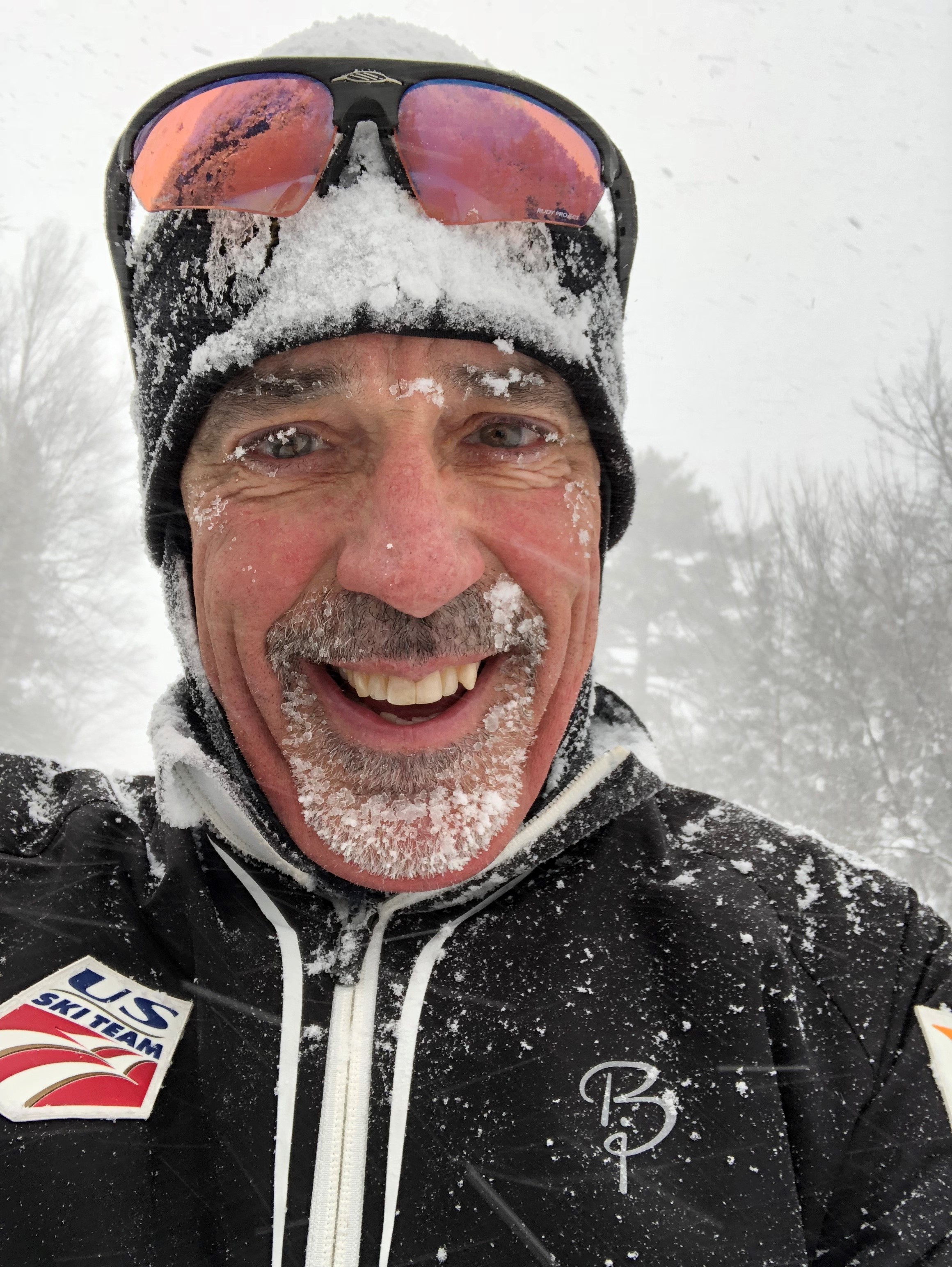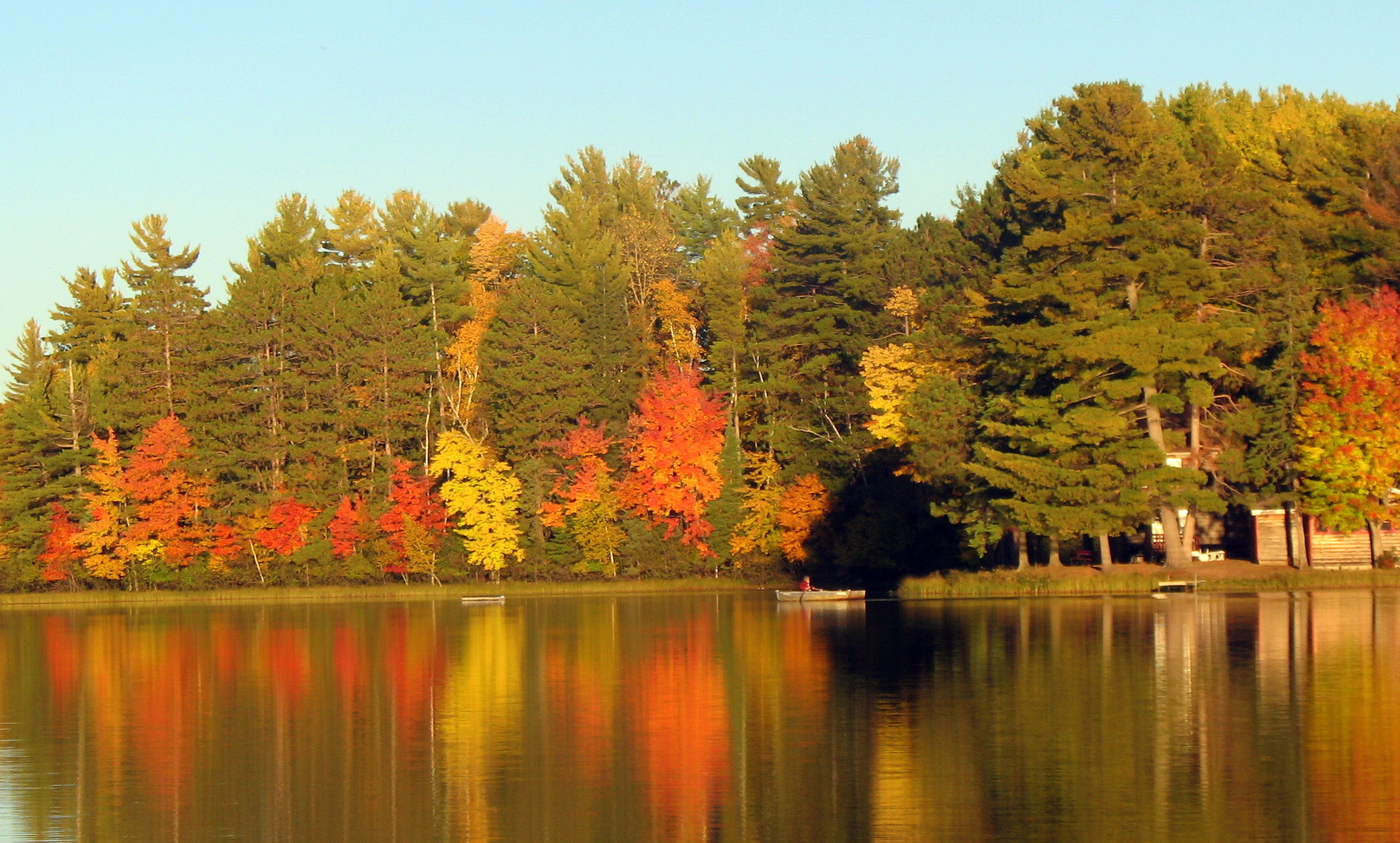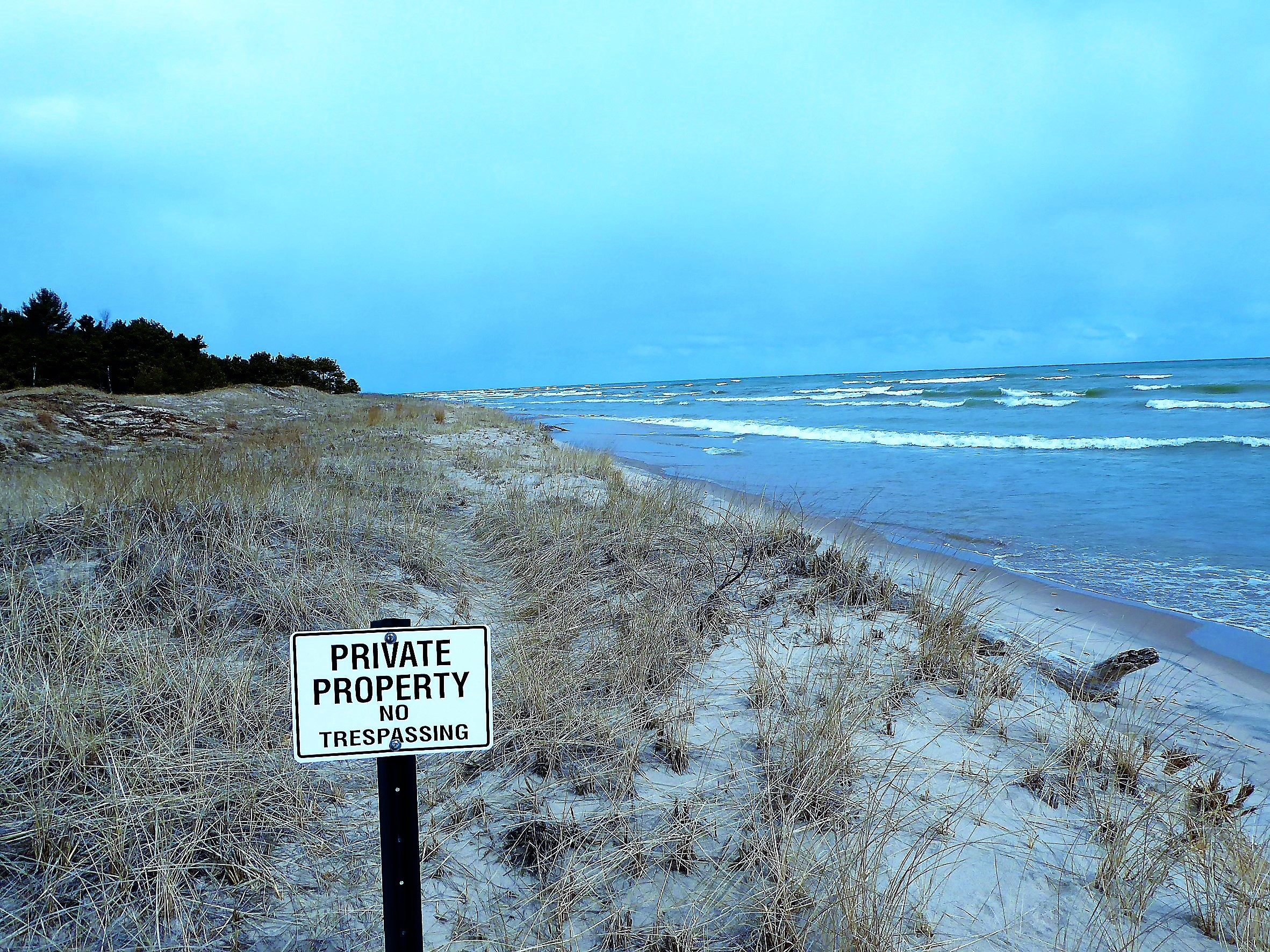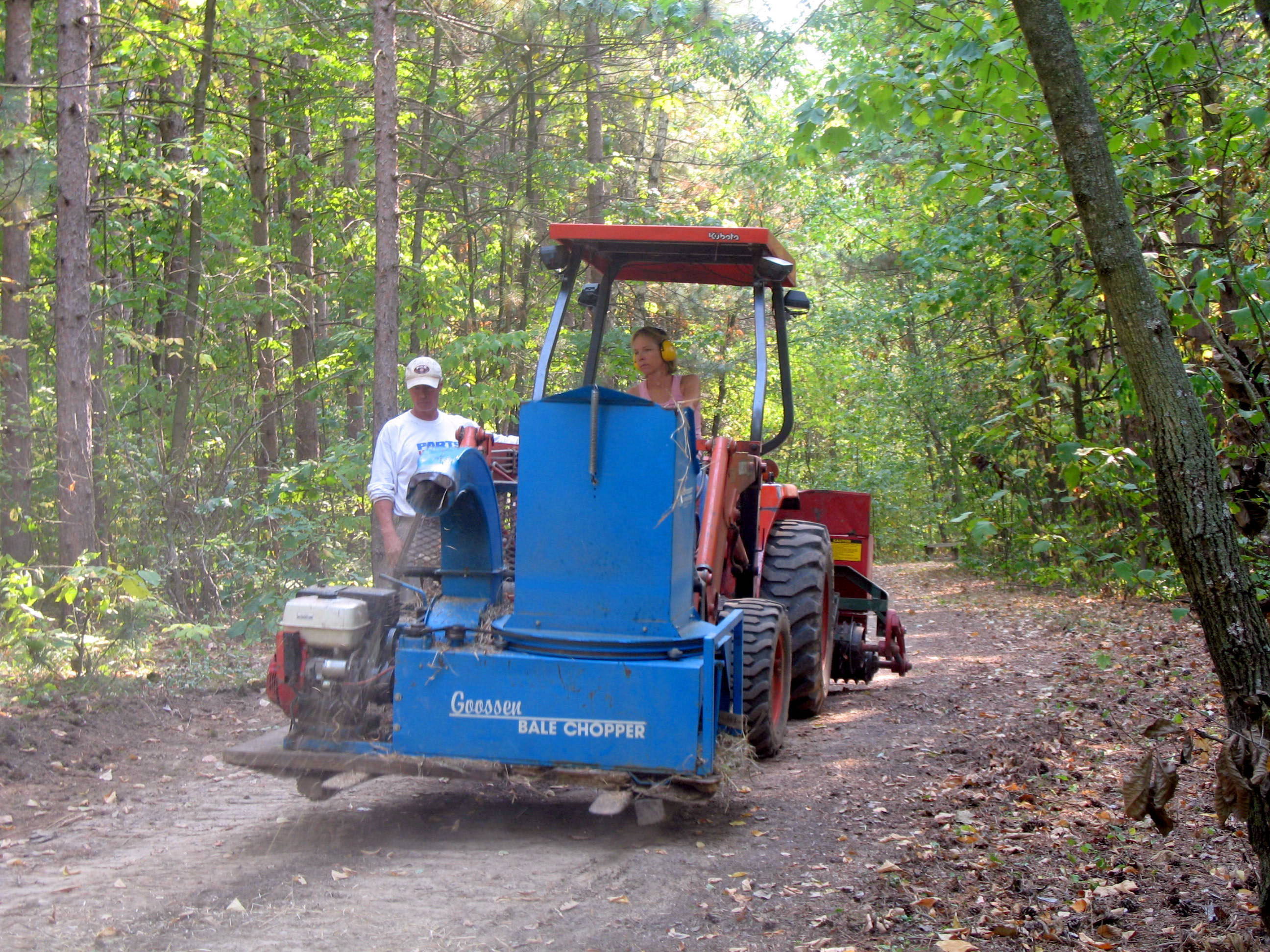Citizen Input on Natural Resource Issues Being Blocked
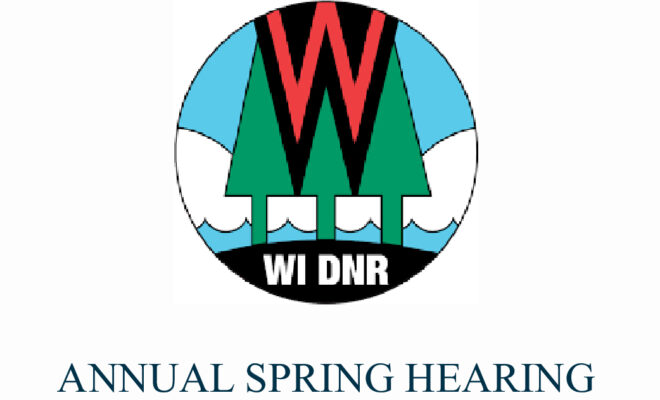
Silent Alarm
Michael McFadzen
The Wisconsin Conservation Congress (WCC) is the only statutory body to advise the DNR on how to manage Wisconsin’s natural resources. According to the WCC website (dnr.wisconsin.gov), “The Congress accomplishes this through open, impartial, broad ranged actions.”
But that’s not what is happening.
Recent moves by WCC leadership are building barriers to public participation. This move is reminiscent of an isolated dictatorship; not a public body created to provide public input. The WCC has traditionally been a bastion of the hunting, fishing, and trapping crowd. They operated with impunity via legislative political support and with financial support by the DNR. But several years ago, the WCC started on a more moderate path. Instead of having only in-person meetings, they allowed online voting for their Annual Spring Hearings and held many important meetings electronically.
The Annual Spring Hearings are an enormous natural resource input session, generally held the second week of April. The questionnaire style sessions include hunting, fishing, water quality, and natural resources questions. These hearings are held either online and/or in-person. As part of this process, there are five delegates elected in each of Wisconsin’s 72 counties to represent their counties’ interests in natural resources. The results of these sessions are extremely important as legislators and the DNR use this information to help craft policy decisions.
WCC Expands Influence
Having an online process allowed more people to participate in the Spring Hearing process and drew interest from a wider range of natural resource users. Any citizen can write a resolution in their county of residence and have it voted on. Some of the new attendees were not hunters, but citizens concerned about natural resources issues that the WCC wasn’t addressing. These issues include: hunting wolves and bears with hounds (frequently leaving both injured or killed), animal killing contests in which participants won prizes for killing the most coyotes or other animals, using lead shot, which stays in the environment and has poisoned eagles and other animals, dog hunt training on live bears, and starting an annual sandhill crane hunt.
What should have been an attempt to draw more participants into the WCC has been stifled. It appears WCC leadership is opting to act as a private hunt club and not as a representative of natural resource users. This move has disillusioned many hunters and new participants.
In the past several months, WCC District Leadership (DLC) has started limiting public participation in the following ways:
- Changed their Code of Procedures to remove the 3:2 rule, which allowed for resolutions that passed two consecutive years in a row in the same three counties to advance to the state-level Spring Hearing, regardless of committee support. This was the best option for citizens to bypass stagnant committees keen on rejecting any views that were not expanding hunting, trapping, and fishing.
- Decided that resolutions would be rejected upon submission if they were contrary to a current WCC position for the past 5 years. Wildlife advocate Amy Mueller stated, “Why can’t opposing views be raised if citizens are concerned? And why hold onto views for five years? The WCC Delegates are elected annually, public attitudes shift, and the best available science is constantly changing. Five years seems like a long time to hold a position.”
- WCC “positions” are confusing and not well documented. Positions from the past five years are posted online in a 15-page document that is undecipherable as to what is actually a WCC position, layering confusion for those looking to participate.
According to the WCC website, “We are an avenue for the Natural Resources Board and the Legislature to gather public input, and we frequently provide representation on Department of Natural Resources committees. We are also part of the administrative rulemaking process here in Wisconsin, collecting public input, studying problems, and proposing solutions.”
In reality, the WCC is only providing input from a small minority perspective. It appears the old guard wants to go backward and is circling the wagons.
The WCC was founded in 1934 by famed naturalist Aldo Leopold among others. In 1971, the Wisconsin legislature gave formal recognition to the WCC through state statute.
“Aldo is rolling in his grave based on recent WCC action,” Mueller shared with Silent Sports. “They’ve essentially squashed seven resolutions that were supported by many hunters. DLC is preventing awareness of key issues to membership. I’m not sure if they are threatened, but they are building barriers to limit citizen input. WCC should be listening to citizens, not changing policies to stop citizen involvement, Leadership actions are shutting down participation from reasonable hunters. An example is lead ammunition; everyone knows it’s harmful to many animals. It’s poor governance.”
The organization charged with providing input to the DNR and legislature is failing to represent Wisconsin citizens. According to DNR documents, the WCC received over $600K from 2017 to 2021 in public monies through a DNR fund. Yet the WCC is not held accountable.
In what might be a huge move to limit public participation, the DLC considered dropping online voting for the Spring Hearings, but ultimately is sticking with it, at least for 2023.
Hunter Disagreement with WCC Leadership Actions
Former WCC Chairperson Larry Bonde feels strongly that online voting should continue. “Online input was my biggest push and allows more people to participate,: Bonde said. “I supported it then and support it today. Some people are gaming the system with the 3:2 rule. They find 3 counties warm to their issue to get it on the statewide ballot [Spring Hearings]. I think they will continue zoom meetings; they are very effective, although sometimes hard to manage. “People think we [the WCC] are an end-all for natural resource issues, but we don’t have as much clout as people think. I want more people than just the hook-and-bullet crowd to provide input into these questions. I’m not sure we should advise on environmental issues. These are very broad issues that need a wider view.”
Fred Wollenburg, Assistant Chair Marquette County doesn’t see any conflict in having non-hunters involved with the WCC. “We were making progress having non-consumptives at the meetings.” Wollenburg said. “It brings a different perspective. As far as the rule changes, anybody would say you don’t change rules in the middle of the game. This is a way to set these folks back.”
WCC leadership, including Chairperson Rob Bohmann, did not return calls for this article.
Take Action
The Spring Hearing Questionnaire will be available online from noon on April 10 to noon on April 13 at this website:
http://dnr.wisconsin.gov/about/wcc/springhearing
Due to WCC rule changes, important topics such as animal killing contests and hunting wolves/bears with dogs will not be on the ballot.
Does the WCC have undue influence? It’s imperative that natural resources fans and recreationists get involved. Attend your local meetings in person or online, and consider running for a WCC delegate position. You can get more information on the process at:
http://dnr.wisconsin.gov/about/wcc/meetings
Contact your legislator and the Natural Resources Board telling them that the new rules harm public input.

